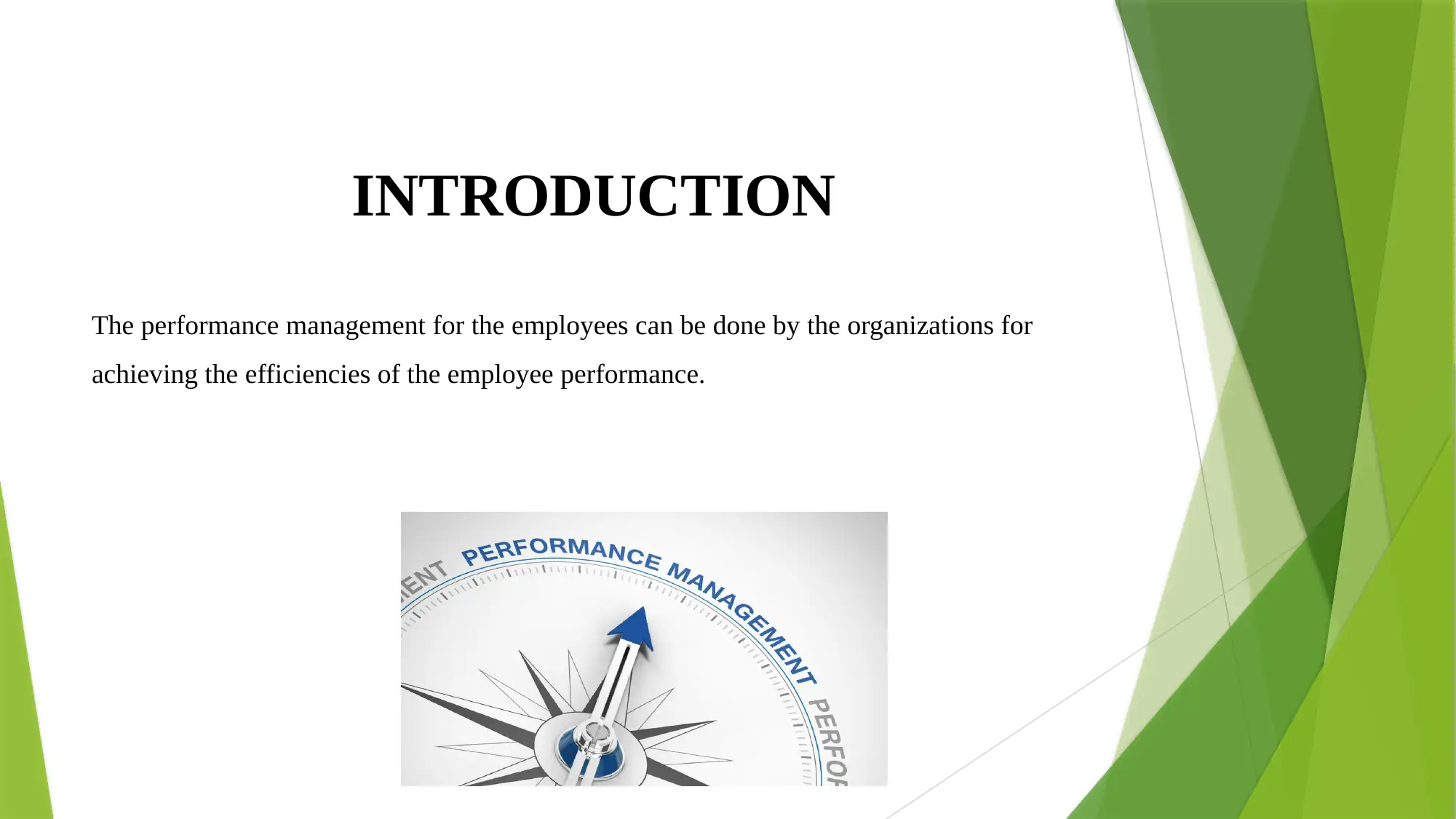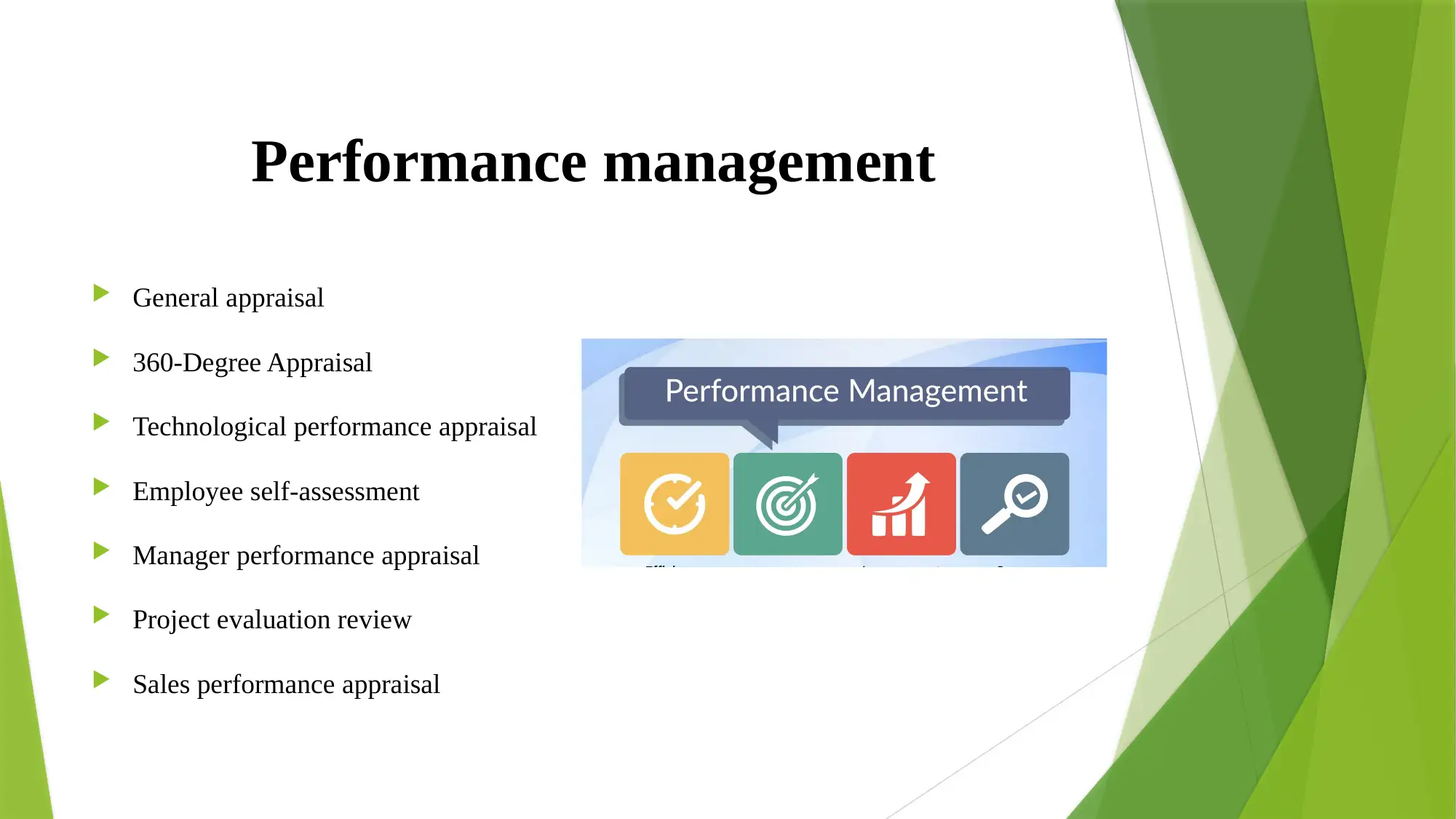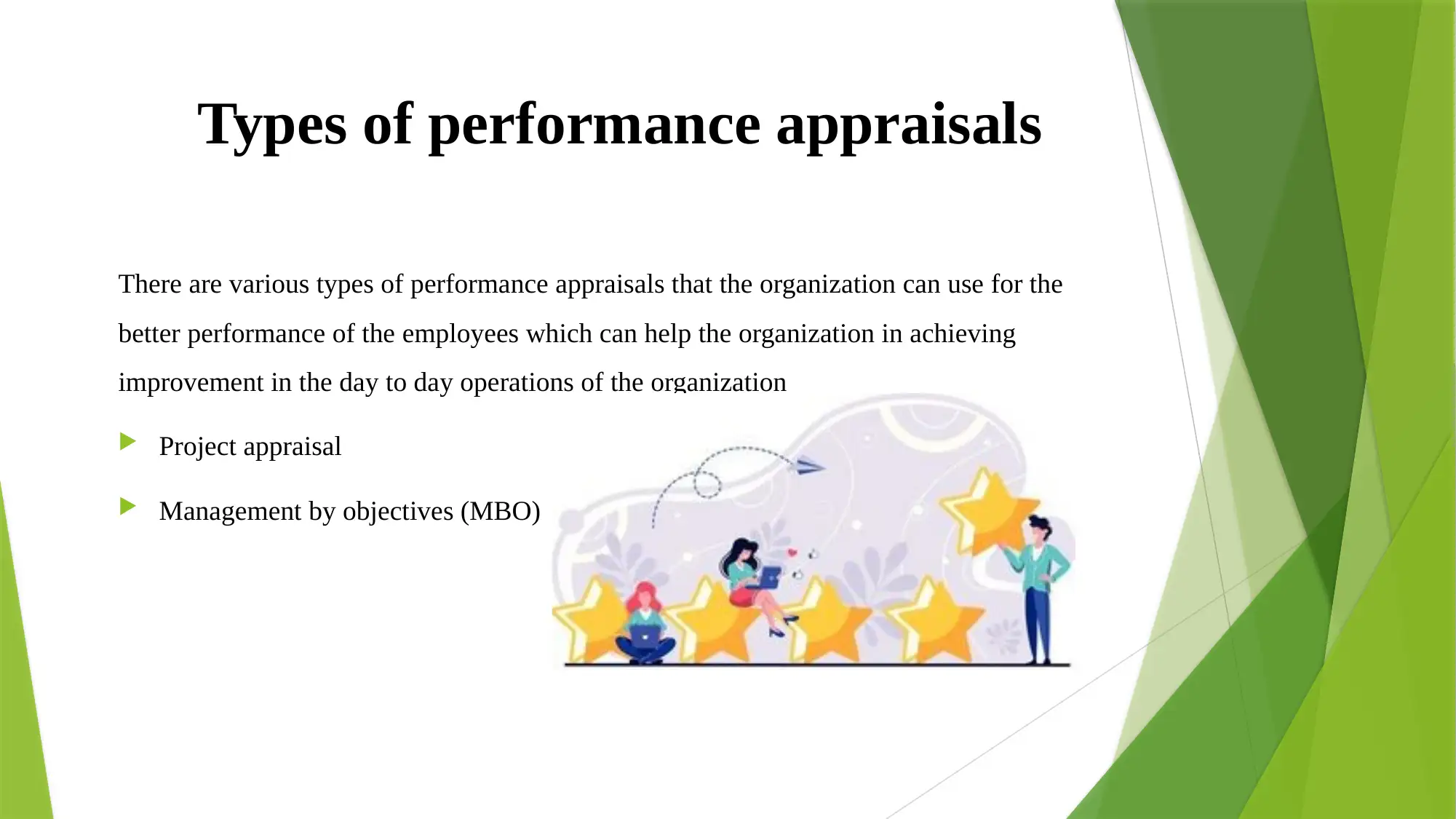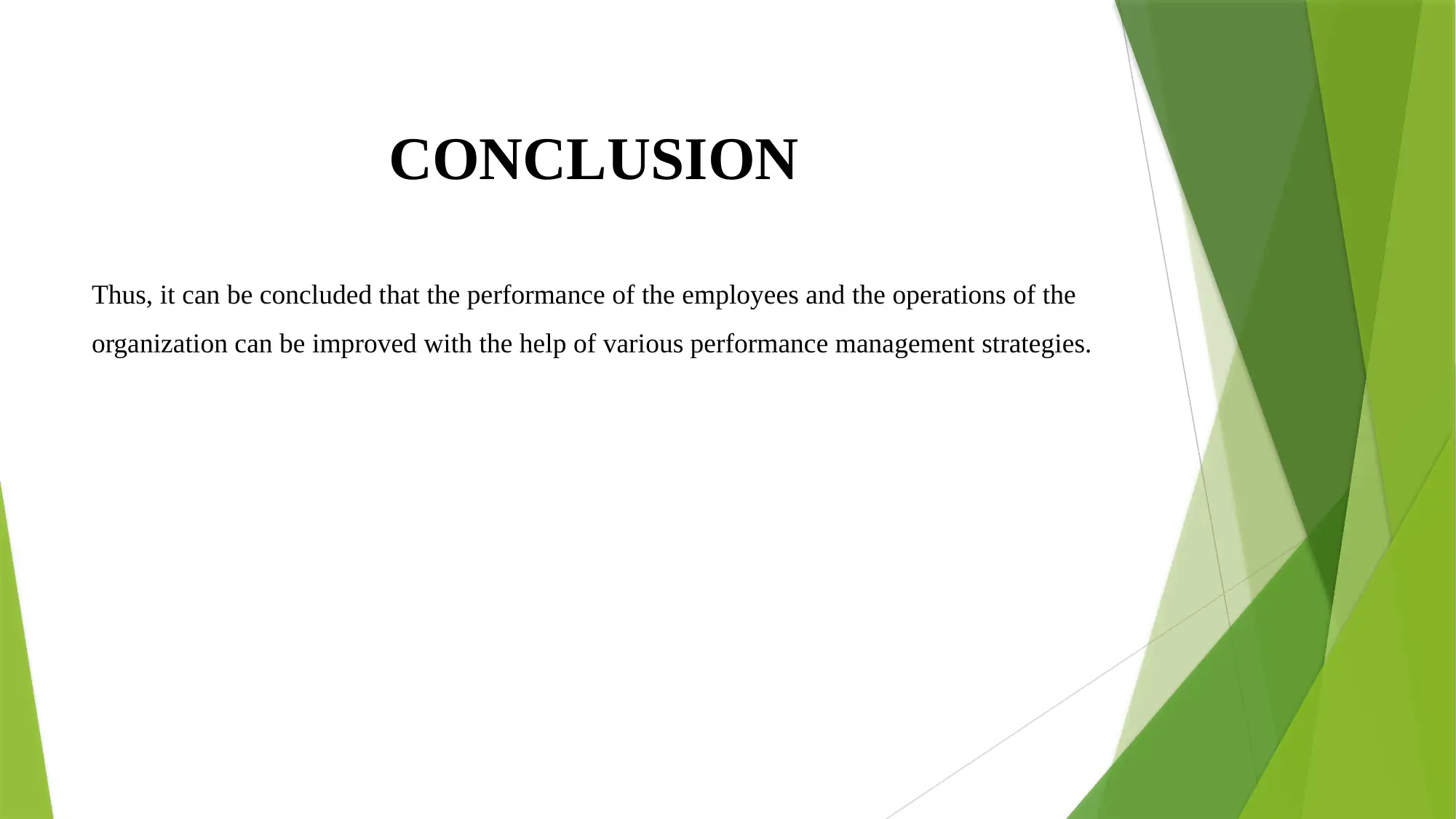Effective Performance Management Strategies: Driving Business Success
VerifiedAdded on 2023/06/14
|11
|340
|206
Report
AI Summary
This report discusses performance management strategies that organizations can use to improve employee performance and overall business efficiency. It covers various appraisal methods, including general appraisal, 360-degree appraisal, technological performance appraisal, employee self-assessment, manager performance appraisal, project evaluation review, and sales performance appraisal. The report highlights reasons for undertaking these strategies, such as engaging employees, retaining talent, clarifying goals, identifying opportunities and risks, improving business performance, and enhancing staff abilities. It emphasizes the importance of creating effective performance management strategies and suggests that the project appraisal system is particularly beneficial for continuous improvement. The conclusion underscores that implementing these strategies can significantly improve both employee performance and organizational operations. Desklib provides access to similar reports and solved assignments for students.
1 out of 11
















![[object Object]](/_next/static/media/star-bottom.7253800d.svg)